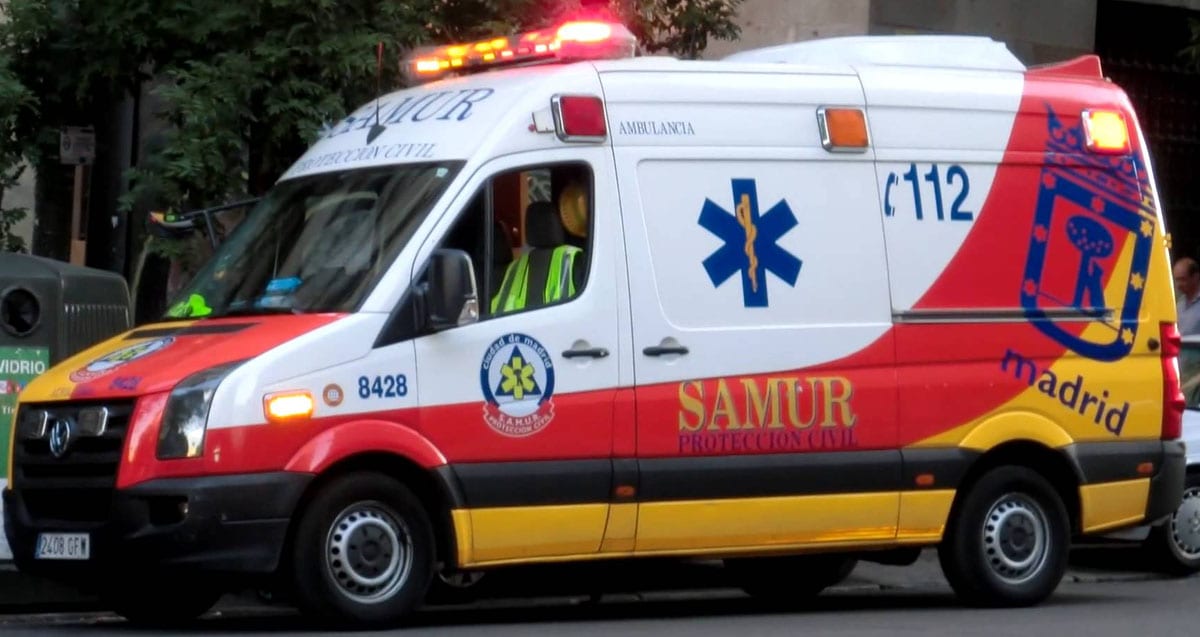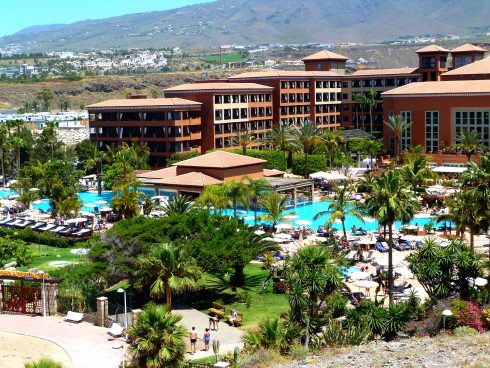WHILE Malaga has yet to see anyone test positive for the coronavirus, that doesn’t mean it is not on high alert.
The region is in constant communication with regional and national health bodies and is providing 24 hour updates on its situation.
But what should you do if you fear you have the virus and what exactly happens once the protocol is enacted?
Every potential coronavirus patient will be quizzed on epidemiological factors.
Most importantly, have they been in the province of Hubei, which contains the epicentre Wuhan, 14 days prior to symptoms showing?
Have they had close contact with someone who has the virus or could have the virus?
Have they been within two metres or sat two plane seats away from someone who was infected?
If none of these are answered with a ‘yes’, then you would most likely not be considered a potential coronavirus patient.
In an interview with Diario Sur, spokeswoman for Andalucia’s coronavirus monitoring commission Inmaculada Salcedo advised anyone with flu like symptoms to go to their family doctor.
They should also follow basic measures to prevent spreading their infection, including sneezing into a tissue or their forearm and washing their hands constantly with soap or disinfectant.
PROTOCOL
However if a patient ticks the epidemiological box while at the emergency department, protocol will be enacted.
Doctors will first place surgical masks on themselves before fitting one to the patient and whoever they arrived with.
A guard will then transfer the patient to an emergency room where they will remain isolated.
Any medical staff working with the patient will have to wear a liquid-resistant gown, mask, gloves and protective eye gear.
If the patient is taken by ambulance, the driver’s area must be physically separated from the patient.
All paramedics on board will wear protective clothing and the ambulance will be disinfected afterwards.
Those who may have been sat close to the potentially infected patient in the emergency room are also monitored by health professionals.
The tests are first sent to the Virgen de las Nieves hospital in Granada and the Virgen del Rocio in Sevilla.
This speeds up the process in terms of realising false alarms.
If the test is positive at either of these two labs, the samples are sent to the Majadahonda National Microbiology Centre to confirm the results.
Meanwhile, the patient remains isolated in a hospital room with a surgical mask until the results are known.
If positive, the patient will remain admitted.
The protocol does not rule out treating them at home but if so, they must remain in one, well-ventilated room and have access to their own bathroom.
Family members will not be able to visit their relative unless it is a child, in which case one parent will be authorised and under strict hygienic conditions.









